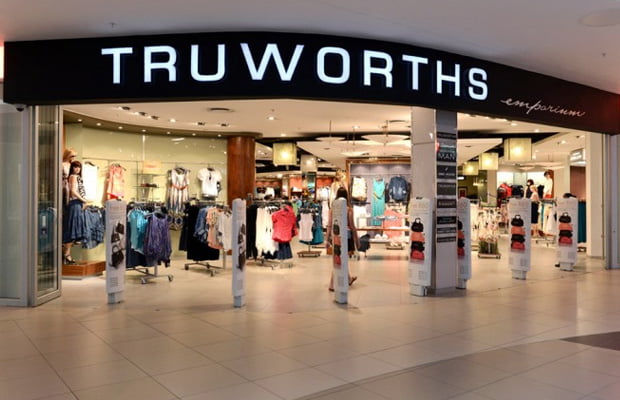Retailer cuts value of its UK business by more than a third on Brexit uncertainties and a shift to online shopping.
Shares in Truworths International have hit a nine-year low after the retailer cut the value of its UK business by more than a third as Brexit uncertainties and a shift to online shopping weigh on earnings in that market.
The announcement, late on Thursday, came shortly after high-end retailer Woolworths wrote down the value of one of its offshore businesses. Some other SA retailers, including Famous Brands, have seen their foreign bets sour in recent years.
Woolworths on Thursday announced a A$437.4m (R4.4bn) write- down of its David Jones unit in Australia. That followed aA$712.5m impairment in early 2018.
Truworths said the UK was a tough market owing to Brexit uncertainty, muted consumer sentiment, and the rapid shift to online shopping.
After earnings there fell by up to two-thirds in the year to end-June, it wrote down the value of its Office business, which it bought in 2015 for £256m (R4.5bn at current exchange rates), by £97m.
Truworths has been in talks with lenders to restructure the shoe retailer’s debt, which amounted to £23.5m at the end of June. The group said on Thursday the negotiations were likely to be “concluded successfully”.
“Despite the difficulties being faced in the UK, the board remains committed to the transformation of the Office business through several turnaround and restructuring initiatives,” it said.
Diluted headline earnings per share from the Office business plunged by up to 66% in the 52 weeks to end-June, Truworths said.
Groupwide diluted headline earnings per share fell 7%–9%, with the African business also faltering.
Truworths’s shares opened 3.2% down at R60.50 on Friday, a nine-year low.
UK landlords have also been struggling in the face of Brexit and the shift to e-commerce.
On Friday morning, JSE-listed UK landlord Capital & Regional said portfolio valuations fell by 6.8% in the first half of 2019 to £797.3m.
Like-for-like net rental income fell 3.1% to £25.2m because of retailer restructurings, the company said.
Vestact portfolio manager Byron Lotter said SA companies that have been more conservative, focusing mainly on the domestic market rather than being “distracted by big offshore deals”, have outperformed their peers. “I certainly think corporate SA has learnt some big lessons from this period, and I definitely think we will come out of it stronger.”
